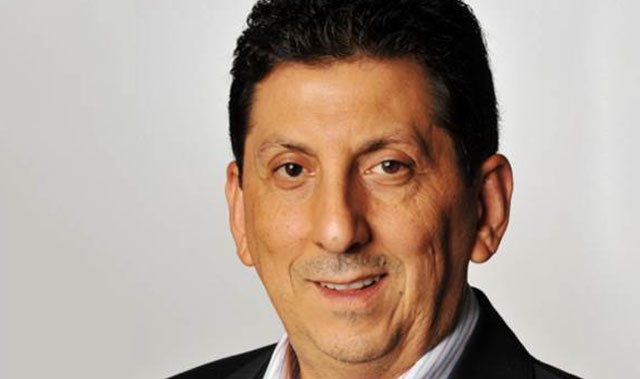
MTN is not prepared to spend billions of dollars building advanced telecommunications networks just so that “over the top” (OTT) providers can get a “free ride” by competing with the company using that same costly infrastructure. There has to be some sort of quid pro quo, says MTN South Africa CEO Ahmad Farroukh.
Farroukh tells TechCentral that mobile operators and OTT players — they include companies such as Google, Facebook and WhatsApp — have to reach a “certain understanding”.
“I laughed when I saw one of the operators zero-rating one of these very famous apps,” Farroukh says, in a dig at rival Cell C. “This same app will launch voice [calls] soon.”
Cell C announced last week that it will offer free access to WhatsApp, the popular instant messaging service, on a promotional basis from next month. WhatsApp will soon allow its users to place free calls through the app, using Wi-Fi networks or mobile operators’ data networks.
Cell C CEO Jose Dos Santos said the move was driven in part by a need by mobile operators to embrace rather than fight OTT players.
Farroukh says a balance is needed, describing the way OTT players use mobile operators’ networks today as “unfair”. He attended a forum in Dubai recently with OTT players from North America and operators from Europe, the Middle East and Africa. “It almost turned in a fistfight.”
He says OTT providers routinely accuse the operators of being greedy, when, in fact, the reverse is true. He says the companies accuse operators that fight back of being against free speech, which he denies. “We are not saying we have to deny OTT access, but the OTTs should be fair,” he says. “This access has a cost.”

The best option is for these companies to work with the operators in “defining access and how everyone can be fair in this sense”. Should OTT providers pay operators for access? Not necessarily, says Farroukh. “But there should be a certain formula.”
This issue can’t be resolved by any one operator and has to be dealt with through global forums such as the GSMA, an industry body that represents the world’s mobile operators. It will take years, Farroukh predicts.
MTN won’t block access to services like WhatsApp, even if they eat into the operator’s revenues by launching voice services. “If they launch, we’re not going to lose 50% of our voice revenue the next day. This will not happen overnight.” He points out that operators will still benefit from data spend.
Farroukh, who is a former CEO of MTN in Nigeria, took the reins at MTN South Africa last month. “There was a need for us to have a fresh look at the South African market… This industry and this market are going through a complete transformation. If we are not able to catch this transformation at the right time, we will be left behind.” — (c) 2014 NewsCentral Media
- See also: Voice calls will be free: MTN SA




